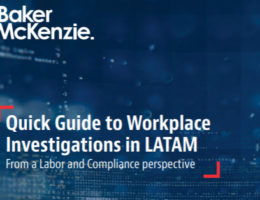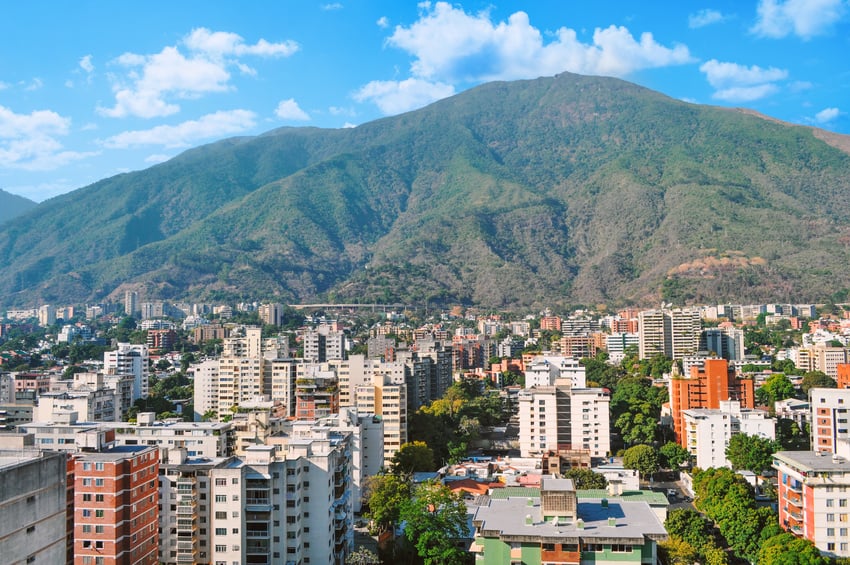Inclusion and diversity are key factors today. As gender, racial, and ethnicity pay gaps have been slow to narrow, governments in Latin America have introduced more requirements to further reduce these differences.
In this quick overview, the Employment & Compensation group presents recent trends in pay equity in Latin America, highlighting critical issues to consider for your day-to-day decision-making.
As the constant changes in the region can affect companies’ operations, for effective decision making, it is vital to have updated information about the employment landscape in each of the jurisdictions.
In this quick overview, the Employment & Compensation group presents the main recent regulatory developments in Latin America, highlighting critical issues to consider.
Artificial intelligence (AI) continues to transform the workplace. Much like in countries across the globe, the benefits of new AI technology are gaining traction in Latin America. However, employers should be aware of its risks, particularly in our regions’ context
Burnout in the workplace has become more widely recognized throughout the region. While workforce transformation is not a new concept for global organizations, the pandemic has forced us to rapidly adapt our standard ways of working and how we engage with employees, to ensure employee retention and the long-term viability of the business.
Per a study recently developed by Gallup, 43% of the world’s workers are experiencing daily stress and are, therefore, at risk of developing burnout. However, it was only recently that the World Health Organization included it as an occupational disease, which means that companies must be even more prepared to address and manage burnout cases properly. Lack of policies and protocols may aggravate risks for lack of proper employee support. Furthermore, many Latin American countries have undergone complex legal changes, which in many cases resulted in new regulations to protect employees in these situations.
In this report, we take a closer look at Latin America’s I&D landscape through the eyes of our local experts. While legal frameworks aimed at addressing inequality in the workplace have been slow to evolve, organizations in LATAM are getting ahead of lawmakers, implementing more evolved I&D strategies as they seek to respond to stakeholder and shareholder demand and to attract the next generation of workers
While the pandemic has disrupted business operations across the globe, Latin America is emerging as a promising destination and many companies are setting their sights on the region. More and more, companies are keen to understand what they need to know when expanding in Latin America from an employment perspective and how obligations and risk vary from jurisdiction to jurisdiction.
Mainly during the pandemic, the use of technological resources for performing a job has significantly grown. As a result, the access to such resources in the context of internal investigations has become almost a must. This triggers relevant concerns from a data privacy and a labor perspective.
With major vaccine developments in Latin America, including kick-offs for vaccine campaigns, employers should consider whether a vaccination policy is right for their workplace, keeping in mind that such policies implicate a broad range of employment laws and regulations, and that many of these vary from country to country.
An Employment & Compensation Practice and Healthcare & Life Sciences Industry Initiative
With major vaccine developments in Latin America, including kick-offs for vaccine campaigns, employers should consider whether a vaccination policy is right for their workplace, keeping in mind that such policies implicate a broad range of employment laws and regulations, and that many of these vary from country to country.







